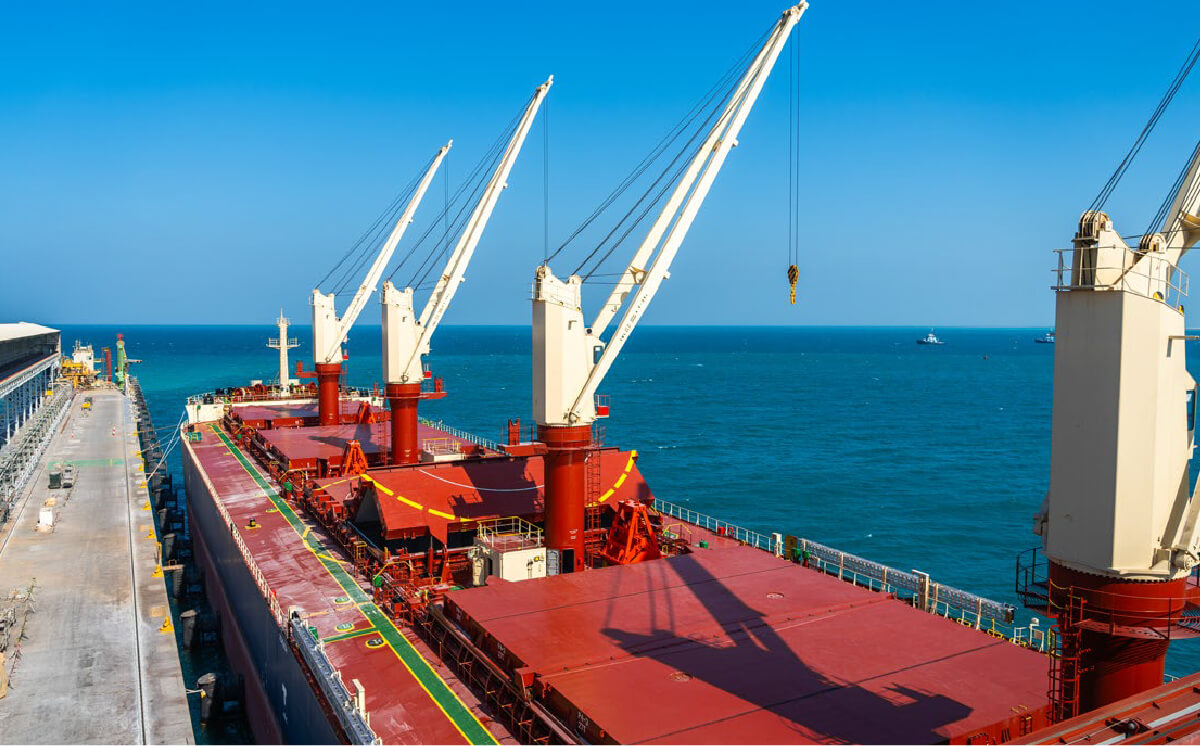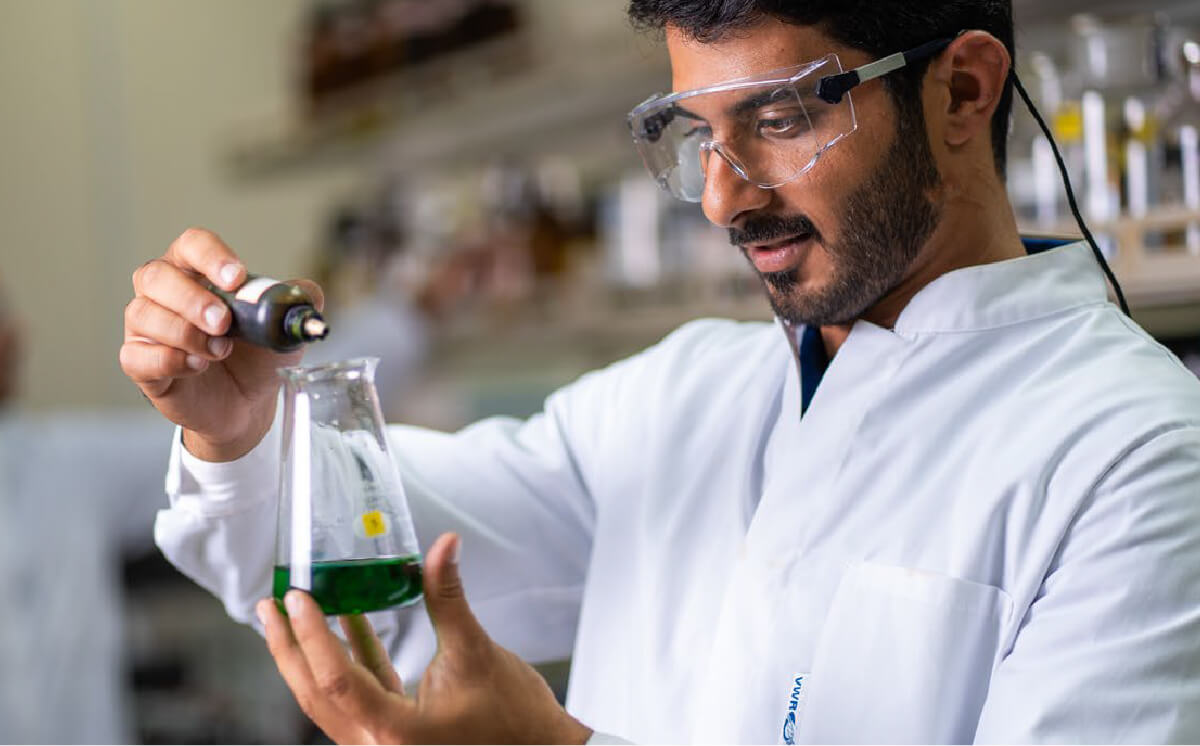Our
Business
Fertiglobe is dedicated to strategically aligning with clean energy trends and establishing leadership in both nitrogen fertilizers and the energy sector. Our commitment to sustainability drives us to become a pioneer in the fields of nitrogen and low-carbon ammonia.
Our Operations
Fertiglobe operates across a diverse regional footprint with four world-class production facilities in three countries, comprised of Fertil in the UAE, the Egyptian Fertilizer Company (EFC) and the Egyptian Basic Industries Corporation (EBIC) in Egypt, and Sorfert in Algeria. These facilities have a collective annual production capacity of 6.6 million tons of sellable urea and merchant ammonia, making us the largest nitrogen producer in the MENA region and the largest seaborne exporter of nitrogen fertilizers globally.
Our geographically advantageous production facilities benefit from direct access to six key ports and distribution hubs on the Mediterranean Sea, Red Sea, and the Arabian Gulf. This strategic positioning allows us to easily access major end-markets and high-demand regions for our products including Europe, Australia, Africa, Asia and the Americas.
Urea own-produced and third-party sales volume
Ammonia
production capacity
Ammonia own-produced and third-party sales volume
Annual Diesel Exhaust Fluid (DEF) production capacity
Production facilities and commercial network


Our Storage & Distribution
Fertiglobe’s commercial operations are reinforced by a resilient inland storage and distribution infrastructure. This encompasses capacity of over 850,000 metric tons of warehousing, either owned or leased, dedicated to urea. Additionally, there is a storage capacity of 225,000 metric tons for ammonia at our production sites.
This infrastructure is complemented by highly efficient multi-modal on-site loading and logistics operations, providing Fertiglobe with substantial flexibility to efficiently direct products to regions characterized by high demand and attractive profitability. The global commercial network of Fertiglobe is further strengthened by an in-house chartering team.
Today, Fertiglobe operates a fleet of chartered ammonia vessels with the potential to expand the fleet to meet evolving business requirements. The chartering team is proficient in managing freight movements for 4.7 million tons of urea in dry bulk vessels, with plans for continued growth in both structure and capacity over the coming years, fortifying the global network.
This strategic approach ensures a robust and versatile infrastructure to support our commercial endeavours on a global scale.

Chemical Safety
Fertiglobe prioritizes chemical safety and product stewardship, closely monitoring regulatory developments and adhering to international safety standards.
Chemical safety is a paramount consideration in our production processes, and Fertiglobe actively substitutes any identified substances of concern where feasible. That’s why we abstain from utilizing stem cell technology, nanotechnology, genetic engineering, or any other emerging technologies in our processes.
The oversight of product stewardship and chemical safety is conducted by the Board, with contributions from subject experts at each facility who participate in risk assessments and internal audits of the Health, Safety, and Environment (HSE) impact of the product portfolio.
As active members of the International Fertilizer Association, the Arab Fertilizer Association, and other prominent associations, we adopt international standards. Committed to fulfilling our obligations related to regulatory environmental and health aspects, we closely monitor and stay up-to-date with regulatory and safety developments concerning all chemicals within our purview.
Our Facilities.
Egypt
EFC and EBIC are situated in the Suez Industrial Development Company’s (SIDC) industrial park with access to three key Egyptian ports: Ain Sokhna, Adabeya, and Damietta. Being in close proximity to one another unlocks notable synergies for the facilities, optimizing operational efficiency and overall productivity. The location imparts significant benefits, including a freight cost advantage over other Middle Eastern and Asian urea producers and the ability to reduce costs by bypassing the Suez Canal. Furthermore, both facilities enjoy tax exemptions from European and Argentinean import duties.
Egyptian Fertilizers Company (EFC)
thousand tons
thousand tons
Egyptian Basic Industries Corporation (EBIC)
thousand tons
thousand metric tons
Algeria
Strategically located in the Arzew industrial complex in northwest Algeria, Sorfert is one of the largest integrated nitrogen fertilizer producers in North Africa. The plant is situated near three Algerian ports and enjoys access to two export jetties at Arzew Port and Bethioua Port, with a direct ammonia pipeline to the port, and exclusive access to urea export logistics.
Sorfert
thousand tons
million tons
UAE
Situated within ADNOC’s integrated downstream complex in Al Ruwais Industrial City, Abu Dhabi, Fertil enjoys a prime location directly along the Arabian Gulf. The facility has access to two advanced urea ship loaders situated on the dedicated export jetty and operated by Fertil. The facility’s strategic location allows it to export globally with favorable access to Asia, Australia, and East and South Africa.
Fertil
million tons
thousand tons
